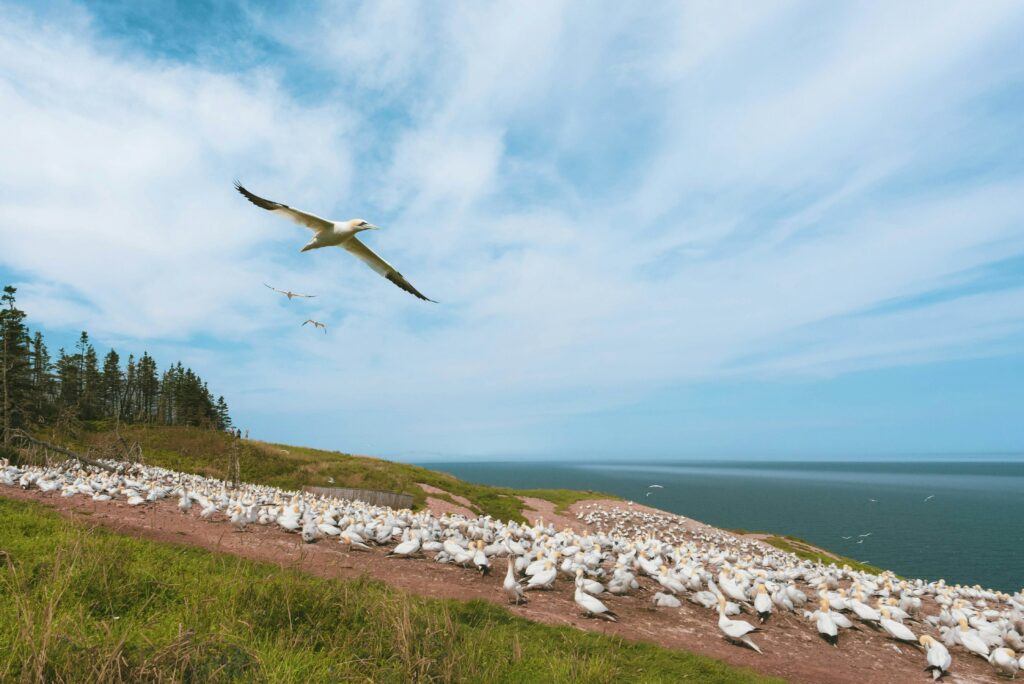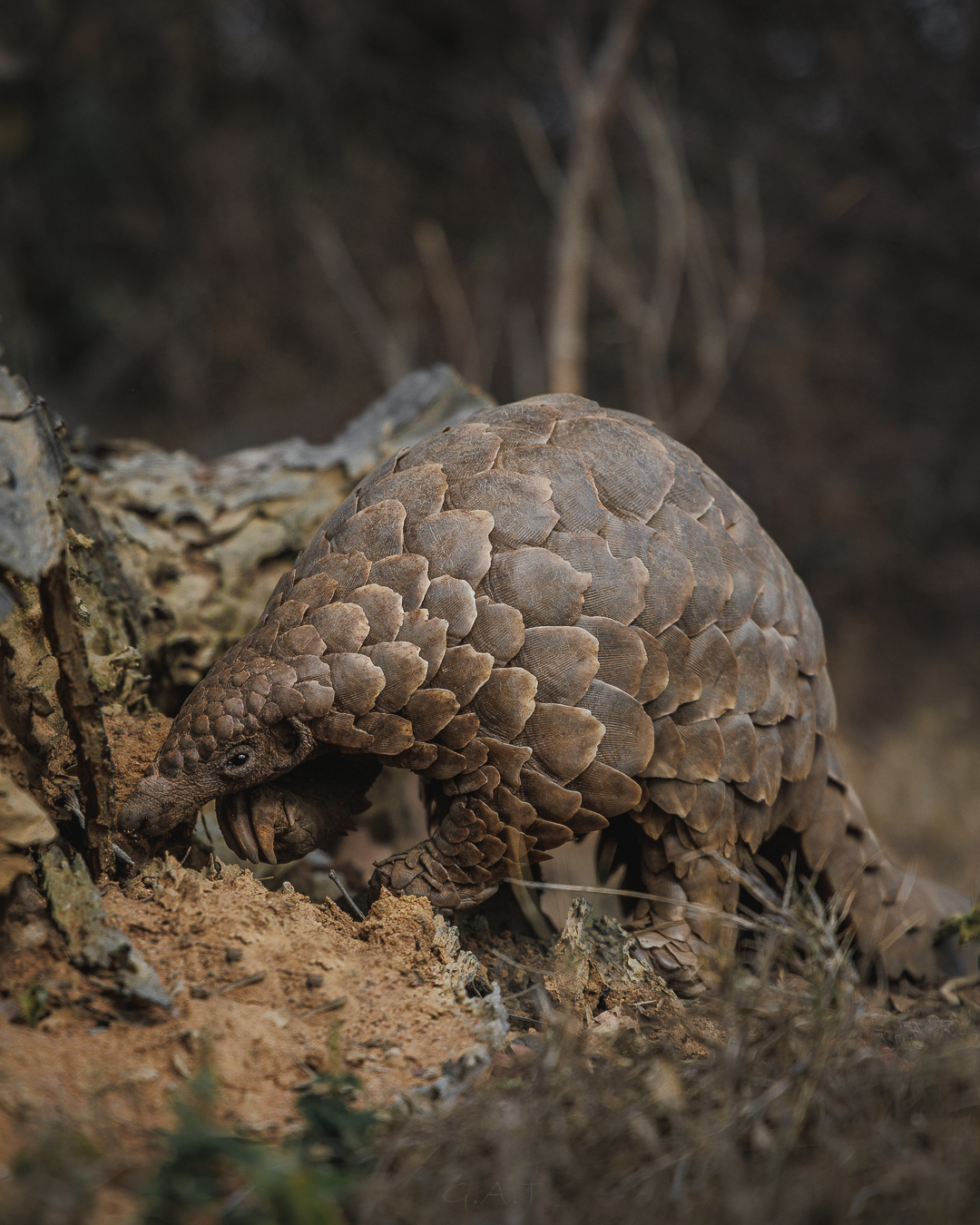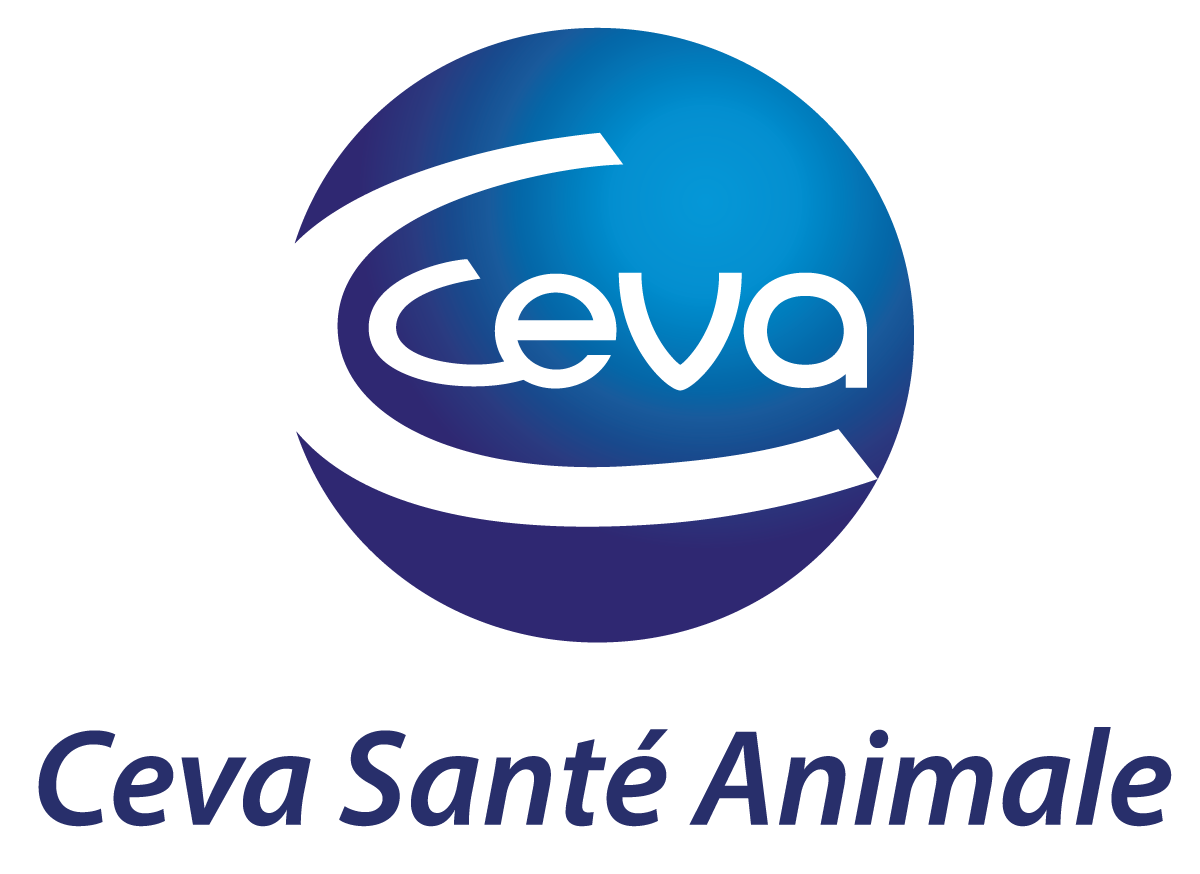
Libourne, March 4, 2024 – The endowment fund initiated by Ceva Santé Animale (Ceva) to finance research projects targeting wildlife health is celebrating its first anniversary. In its inaugural year, the Ceva Wildlife Research Fund has already contributed to the funding of 5 on-the-ground projects aimed at preserving the health of endangered wild animal species.
A unique research fund ensuring wildlife preservation
Preserving the health of wild animals is not a viable economic activity, which makes it a field of animal health that is still under-invested. The Ceva Wildlife Research Fund provides a concrete response to the threats facing many wild species.
The endowment fund’s efforts are anchored in three key missions: preserving biodiversity, fighting against zoonotic diseases that predominantly originate within wild species, and facilitating interactions between wildlife, farm animals, and humans to preserve the diversity of our planet.
Protecting northern gannets decimated by Highly Pathogenic Avian Influenza (HPAI) in collaboration with CNRS
As part of its projects financing, the endowment fund focused in particular on the fate of the Northern Gannets. In 2021, France’s only colony boasted over 20,000 breeding pairs. Unfortunately, in 2022, the colony experienced a dramatic avian flu (HPAI) outbreak, with more than half of the original total decimated.
A partnership has thus been signed with the Center for Functional and Evolutionary Ecology (CNRS, Université Montpellier, EPHE, IRD to study the transmission processes of HPAI viruses both within and between colonies, as well as the impact on populations.
The granted funds will support this scientific program to collect precise data on the movement of the gannets, via GPS tagging of birds and analysis of biological samples collected in the field. These tags will track the birds for approximately 3 months after deployment, which will take place over two breeding seasons. Serological testing will facilitate the tracing of HPAI virus exposure history among individuals.
“Support from Ceva Wildlife Research Fund will enable us to acquire important information for the conservation of species like the northern gannet that had their populations affected by Highly Pathogenic Avian Influenza. In particular, we will be investigating the movements of individuals and their histories of exposure to the virus by determining the proportion that acquired specific antibodies. Such information are needed to document and predict the effect of the disease on wild populations” comments Dr Thierry Boulinier, Senior Researcher at CNRS, CEFE.
Contributing to the understanding of pangolins to ensure their survival.

The Ceva Wildlife Research Fund also supports a pioneering PhD project in collaboration with the APWG, African Pangolin Working Group.
This mammal remains a mystery. Despite its fascinating appearance, the habits, behaviors, and needs of the pangolin are still poorly understood. This lack of knowledge hinders conservation efforts and the development of effective preservation strategies. When organizations manage to rescue them from the hands of poachers, they often do not survive reintroduction due to insufficient knowledge about this animal. These research efforts present a unique opportunity to uncover the secrets of their existence and ensure their survival, particularly by facilitating successful reintroduction.
By providing crucial support to this initiative, the Ceva Wildlife Research Fund reaffirms its commitment to the preservation of endangered species and the advancement of research on wildlife.
“I am particularly proud to celebrate this first anniversary of the fund alongside those who have contributed to this adventure, enabling the realization of ambitious projects dedicated to the preservation and the health of wild animals. 2024 also promises to be very exciting. We are currently exploring new projects for potential funding. However, there is still much work ahead. That’s why we would be delighted to welcome new partners to join us on our journey to contribute to the advancement of applied research programs dedicated to the health of wildlife.” stated Dr. Marc Prikazsky, President of the Ceva Wildlife Research Fund
Find more information about the Ceva Wildlife Research Fund and its programs by clicking here.
